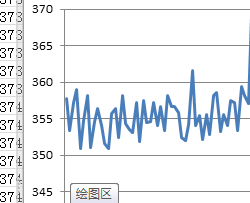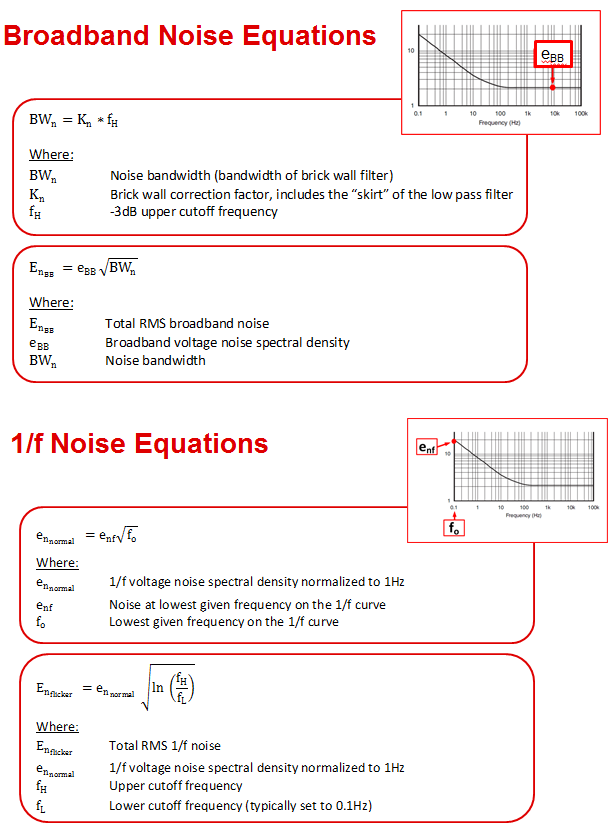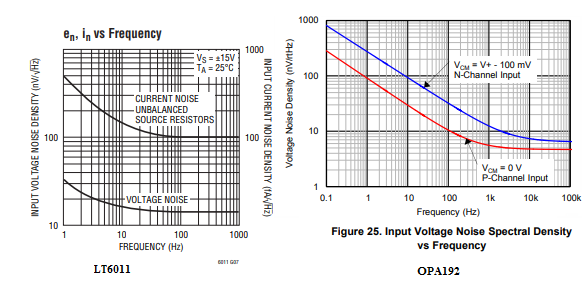Other Parts Discussed in Thread: OPA192, OPA189, OPA188
Dear all;
We uesd OPA2192 replace LT6011IS8, The performance of OPA2192 is better than LT6011, but the OPA2192 output signal noise is greater than LT6011,
Can you give suggestions for improvement or have more suitable partnumber recommendations. so2-1 is waveform for LT6011. Attached is circuit, thanks!0702.Circuit.pdf





